Tag:
program implementation
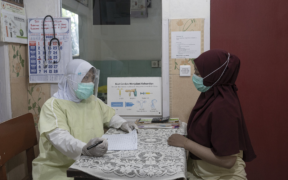
On April 27, Knowledge SUCCESS hosted a webinar, “COVID-19 and Adolescent and Youth Sexual and Reproductive Health (AYSRH): Stories of Resilience and Lessons Learned from Program Adaptations.” Five speakers from around the world presented data and their experiences on the impact of COVID-19 on AYSRH outcomes, services, and programs.
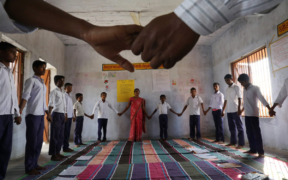
The Inside the FP Story podcast explores the fundamentals of designing and implementing family planning programming. Season 3 is brought to you by Knowledge SUCCESS, Breakthrough ACTION, and the USAID Interagency Gender Working Group. It will explore how to approach gender integration in family planning programs—including reproductive empowerment, gender-based violence prevention and response, and male engagement. Over three episodes, you will hear from a variety of guests as they offer practical examples and specific guidance on integrating gender awareness and equality within their family planning programs.
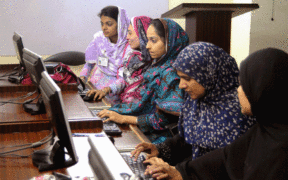
Increasing investments in emerging technologies across low- and-middle income countries have created unprecedented opportunities to leverage digital innovations to enhance voluntary family planning programs. In particular, the use of artificial intelligence (AI) to gain new insights into family planning and optimize decision-making can have a lasting impact on programs, services, and users. Current advances in AI are just the beginning. As these approaches and tools are refined, practitioners should not miss the opportunity to apply AI to expand the reach of family planning programs and strengthen their impact.
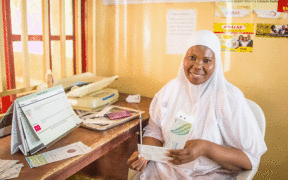
The Inside the FP Story podcast explores the details of family planning programming. Season 2 is brought to you by Knowledge SUCCESS and the World Health Organization (WHO)/IBP Network. It will explore implementation experiences from 15 countries and programs around the world. Over six episodes, you will hear from the authors of a series of implementation stories as they offer practical examples and specific guidance for others on implementing high-impact practices in family planning and using the latest tools and guidance from WHO.
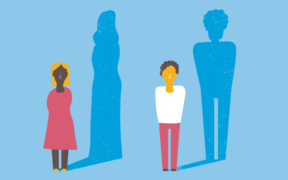
On October 28, Knowledge SUCCESS and FP2030 hosted the second session in our final set of discussions in the Connecting Conversations series. In this session, speakers explored strengths, challenges, and lessons learned in implementing multi-sectoral programming in AYSRH and why multi-sectoral approaches are key to rethinking AYSRH service provision.
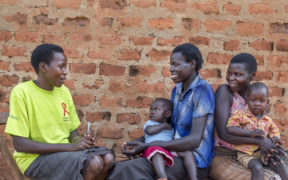
MOMENTUM Integrated Health Resilience is happy to partner with Knowledge SUCCESS to bring you this curated collection of resources highlighting the importance of voluntary family planning and reproductive health (FP/RH) programs and services in fragile settings.
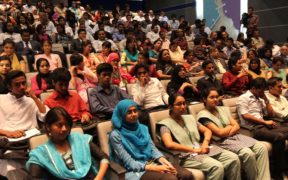
Over the last several years, Knowledge SUCCESS’s resources have gained traction in the Asia-Pacific region. These USAID family planning priority countries have shown progress and commitment to improving family planning services. However, persistent challenges remain.
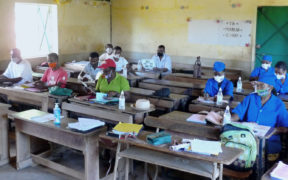
WHO/IBP Network and Knowledge SUCCESS recently published a series of 15 stories about organizations implementing High Impact Practices (HIPs) and WHO Guidelines and Tools in family planning and reproductive health (FP/RH) programming. This quick read shares considerations, tips, and tools that we learned while creating the series. Documenting implementation stories—to share country experiences, lessons learned, and recommendations—strengthens our collective knowledge about implementing evidence-based interventions.

On April 8th, Knowledge SUCCESS & Family Planning 2030 (FP2030) hosted the third session in the third set of conversations in the Connecting Conversations series, “What does it look like to implement an adolescent responsive approach?” This session focused on the differences between implementing a systems-based approach versus disconnected approaches and what youth-led accountability strategies are needed to ensure services meet the needs of young people.
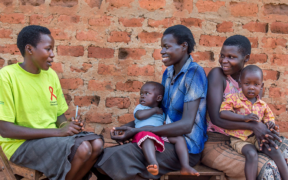
In early 2020, the WHO/IBP Network and Knowledge SUCCESS Project launched an effort to support organizations in sharing their experiences using High Impact Practices (HIPs) and WHO Guidelines and Tools in Family Planning and Reproductive Health Programming. These 15 implementation stories are the result of that effort.













